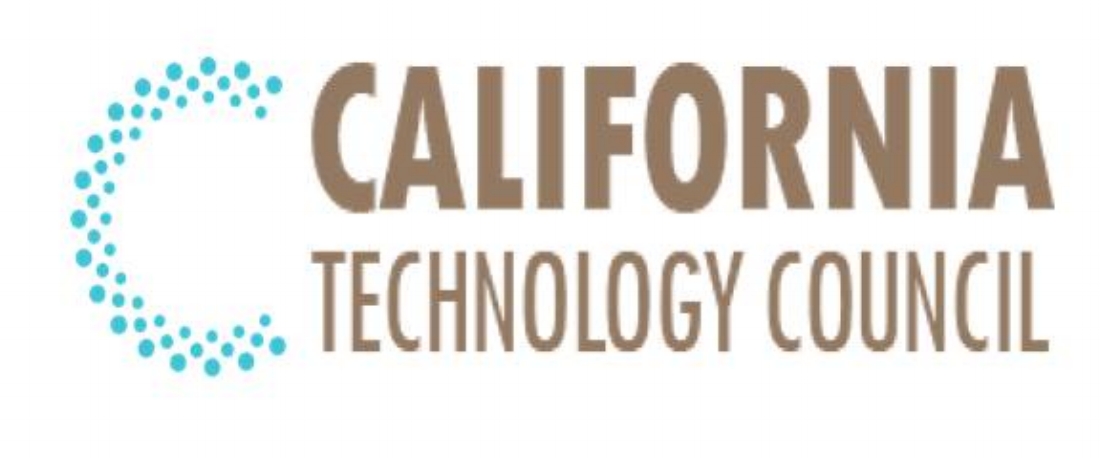by Matt Gardner, CEO, California Technology Council
A bad habit has developed in Washington. Like many bad DC habits, this one is about procrastination and creating unnecessary uncertainty for innovators.
In the days ahead, Congress will consider renewal of a package of tax incentives and breaks known as tax extenders. We've been through this before. In 2014, Congress approved the tax extenders package on December 16th, 2014, and made it retroactive for the 2014 tax year.
As a technology council, we see this approach as dangerous. We also acknowledge that technology interests don't align readily with support for the renewal of the entire tax extenders package.
Do technology stakeholders have an interest in the renewal of railroad tax maintenance credits, mine rescue team and safety equipment credits, race horse credits, motorsports entertainment complex credits, and the like? No, and it should be left to more general interests to debate the viability and return on investment from those credits.
But it is a failure that Congress and the President have never found a way to make permanent the research and development credit.
Both sides seem to agree that it's one of the issues that propels American leadership in innovation. Not only should it not be caught up in this annual extenders dance, it should be separated from other tax credits and made permanent.
Some participants in the policy process agree. Congress passed H.R. 880, the American Research and Competitiveness Act of 2015, on May 20th. It was received in the Senate on May 21st and nothing has been done with it since. H.R. 880 has as its aim "to simplify and make permanent the research credit."
A Senate version, S.1946, is an extenders package that includes renewal of the research credit through 2016, but is significantly different than H.R. 880 in its long-term certainty.
The House vote on H.R. 880 was essentially partisan. Even peninsula innovation stalwarts Anna Eshoo, Zoe Lofgren, Jackie Speier, Mike Honda, and other usual California allies for innovation voted "Nay" to stick to party lines. Our experience clearly tells us these nay votes do not represent opposition to incentives for research investment. Thirty-seven Democrats voted in the affirmative on H.R. 880.
The research credit warrants passage as a permanent credit. The House and Senate should do more to lift issues like this out of the political muck of the tax extenders ritual.

